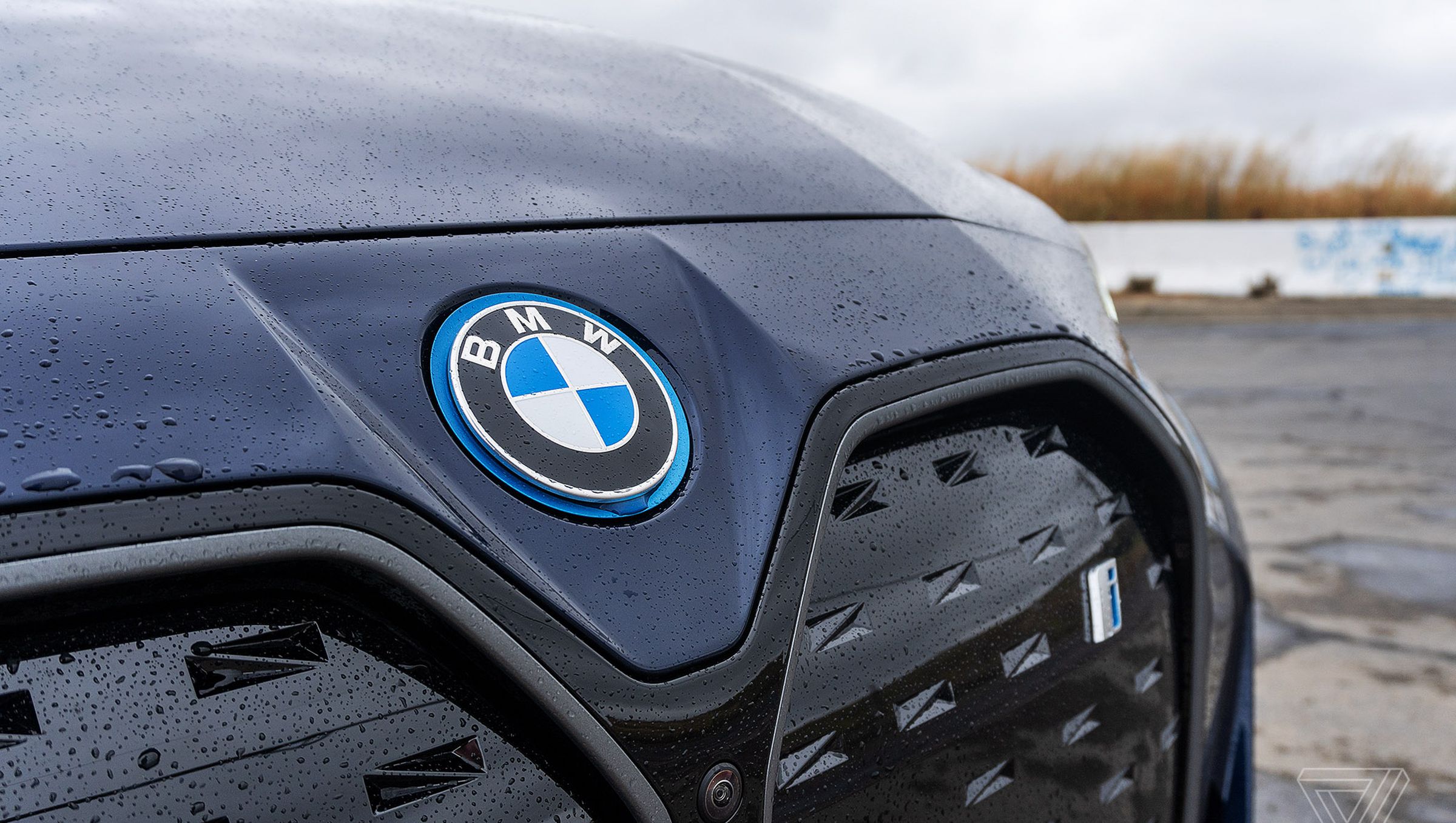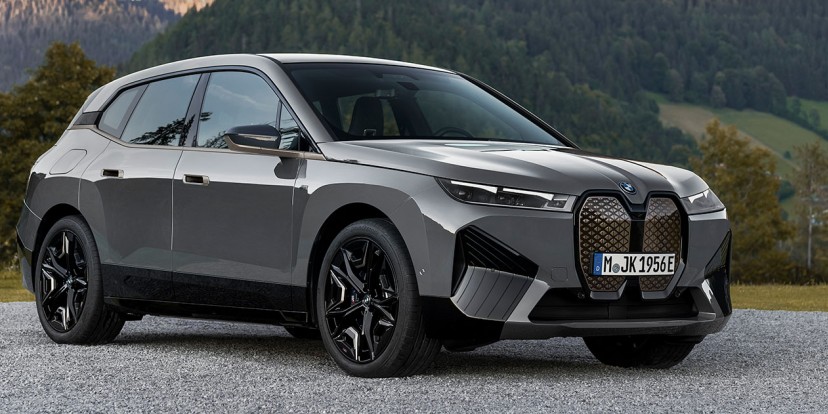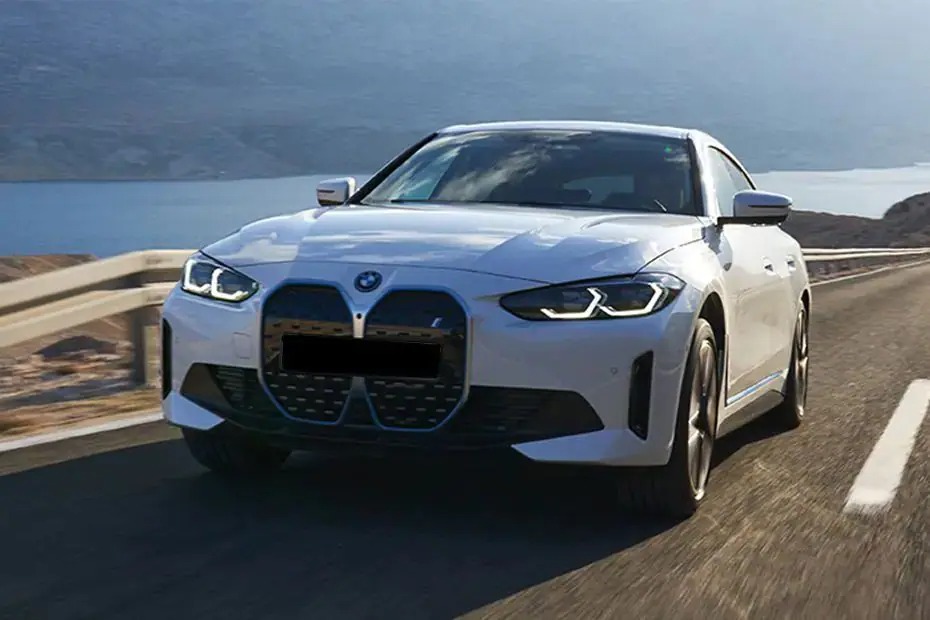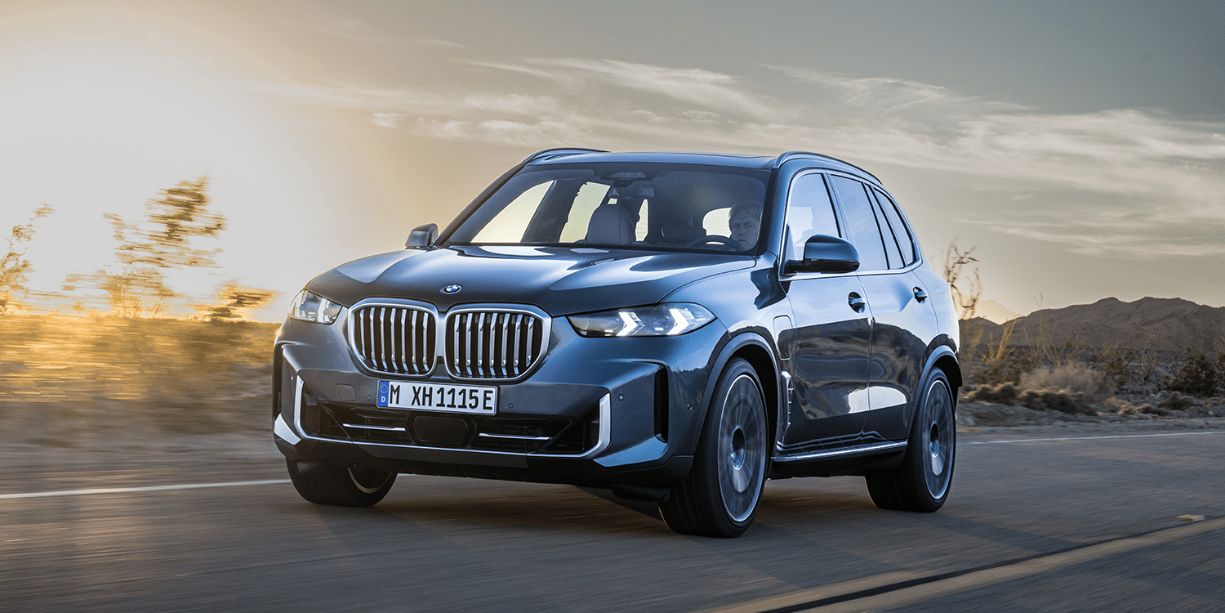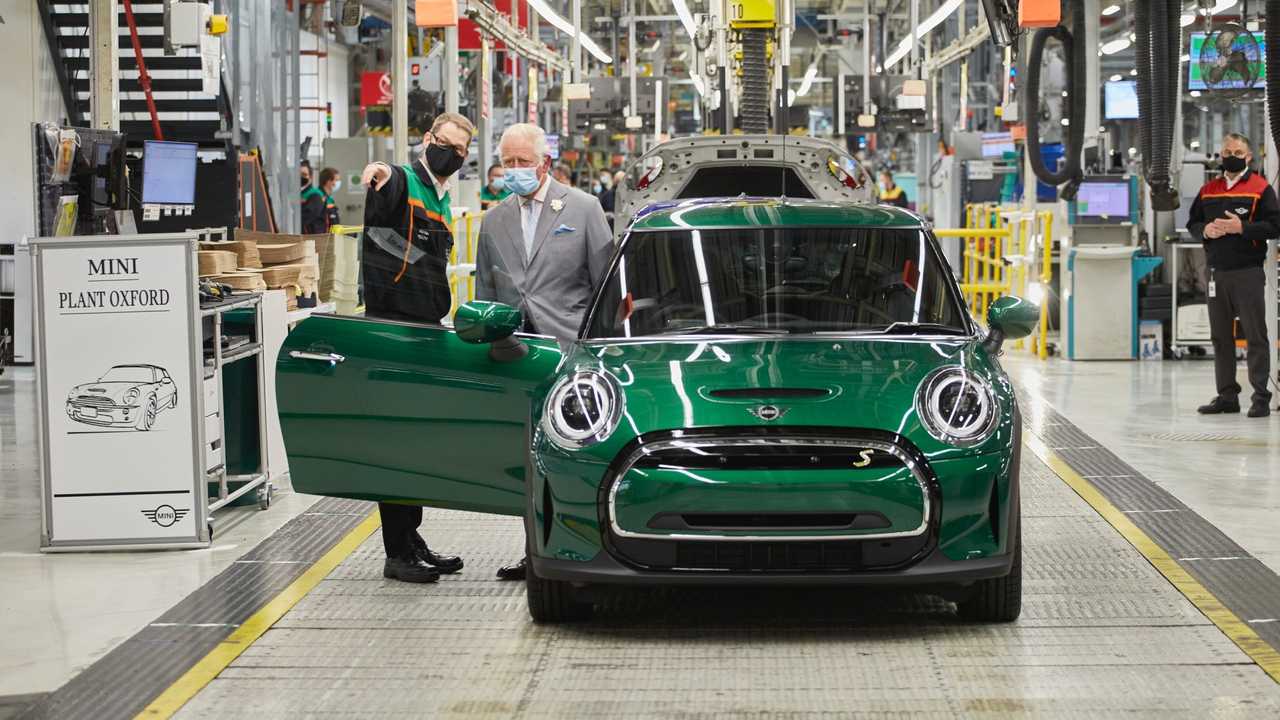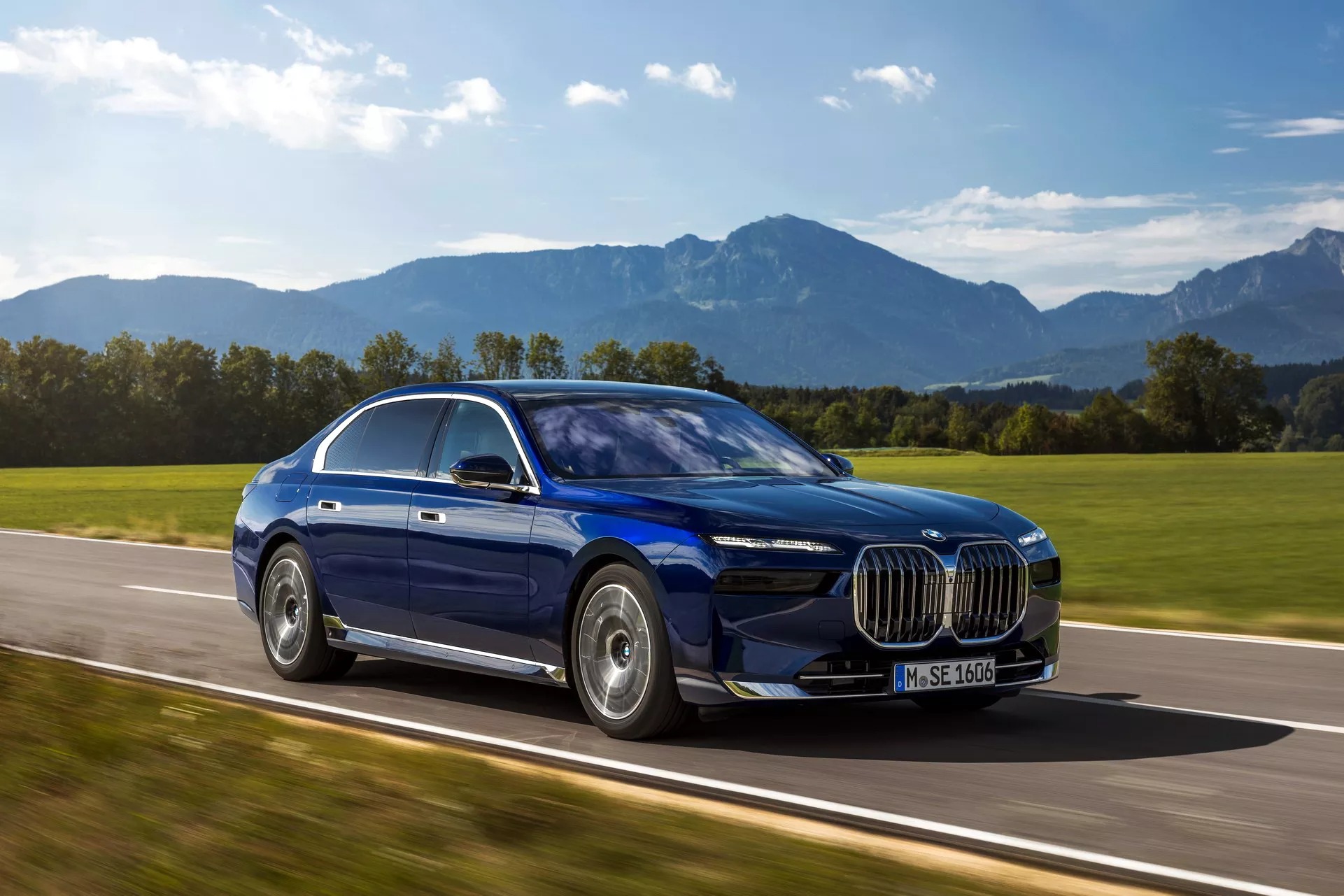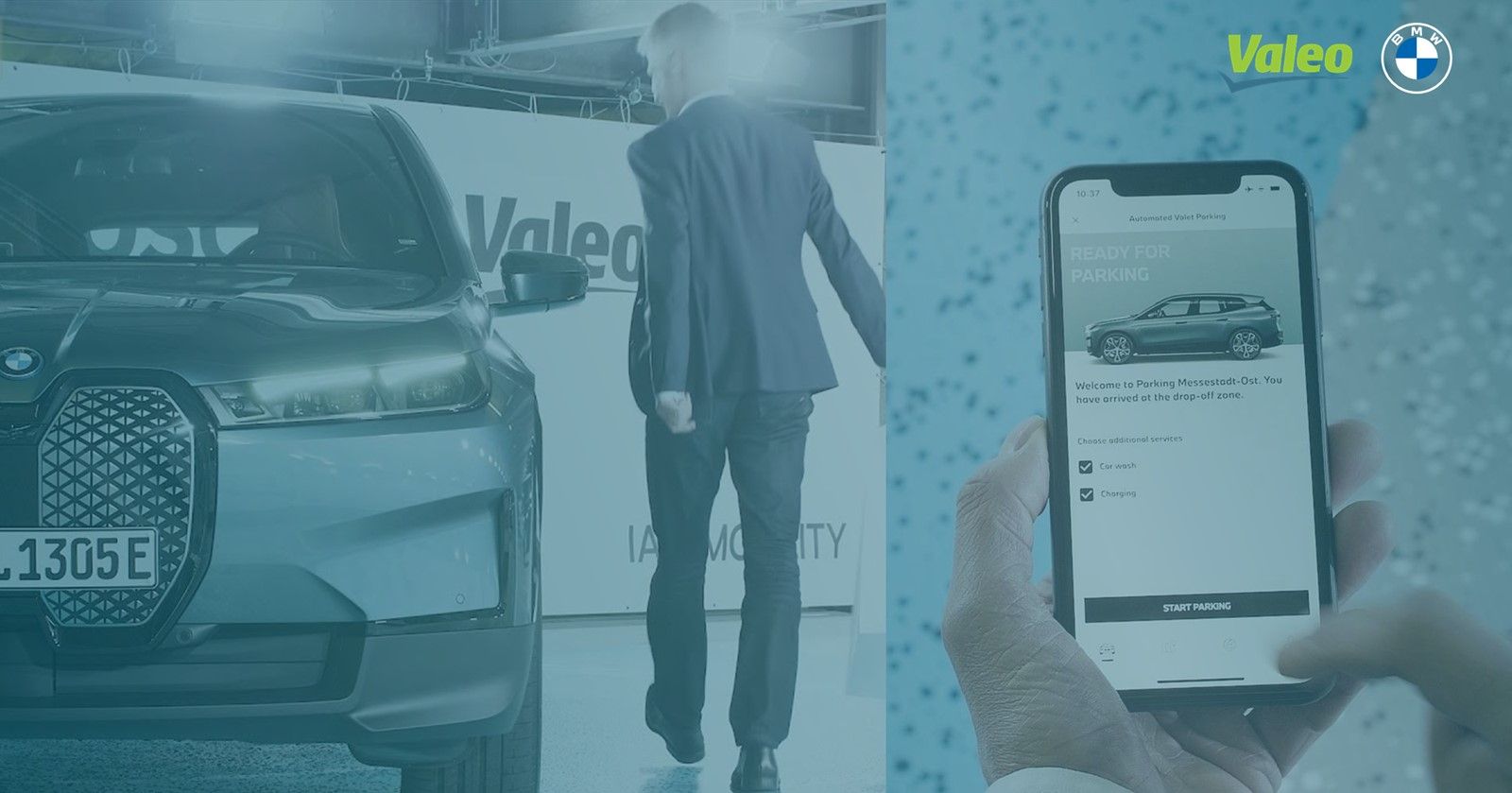BMW is considering introducing additional electric vehicles (EVs) in India in response to the growing demand from luxury car consumers. This was shared by Vikram Pawah, the country president of the German automaker, in an interview with Reuters.
“We are going to have 25 electrified products (globally) by the end of 2023, of which half of them will be fully electrified. Our intention is to evaluate each one of those 12 electrified products for the Indian market,” Pawah said.
The luxury automaker, BMW, is anticipating a boost in electric vehicle (EV) sales in India in 2023, as supply chain difficulties are expected to resolve. Currently, the company offers three electric models in the Indian market. With the improvement in the supply chain, BMW’s EV sales are expected to surpass 10% of its overall sales in India.
See also: BYD launches Atto 3 electric SUV for Indian Market
The recent global shortage in semiconductors and supply chain disruptions caused by pandemic-related lockdowns and the Ukraine conflict has significantly impacted the production of cars globally. However, the situation is now showing signs of improvement.
Despite India being predominantly a market for small, low-cost cars, the luxury vehicle segment still accounts for a small portion of the total sales, estimated at only 1% of the 3.8 million units sold in 2022. The luxury electric vehicle market in India is even smaller and untested, yet there is a growing demand for such vehicles.
As the demand for electric vehicles continues to rise, luxury car makers BMW and Mercedes are looking to tap into the market in India. Mercedes has already launched three electric vehicles in the country and aims for EVs to make up 25% of its total sales in the next five years.
See also: Mercedes-Benz EQS 580 electric sedan officially launched for the Indian market, range up to 770 km
Meanwhile, BMW, which has a goal of having half of its global sales be zero-emission vehicles by 2030, is confident in the fast adoption of clean vehicles in India. In 2022, BMW’s sales in India saw a 35% increase to nearly 12,000 cars, though it still trails behind Mercedes which had 41% growth in sales with nearly 16,000 cars sold.
On the other hand, Tesla has decided to stay out of the Indian market due to the high import taxes on electric vehicles.

